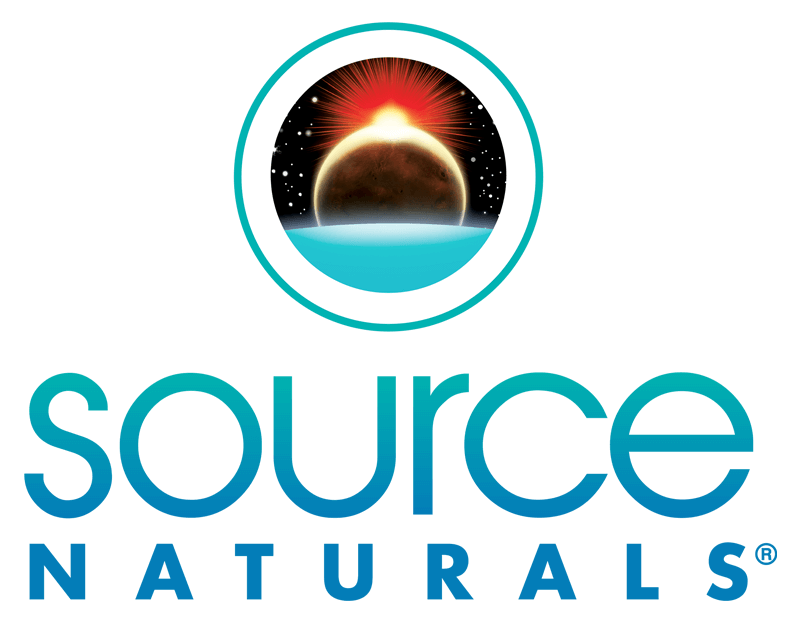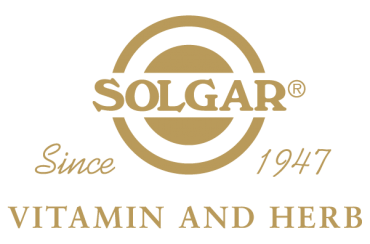Celiac Disease
Celiac disease is an autoimmune disorder in which the ingestion of gluten, a protein found in wheat, rye, and barley, triggers an immune response that damages the small intestine lining. Here are key points about celiac disease:
- Onset and Triggers:
- Celiac disease can start at any age, and symptoms may appear after the introduction of gluten-containing foods into the diet.
- The disease is triggered by the interaction between genetic and environmental factors, with a specific genetic marker (HLA-DQ2 or HLA-DQ8) playing a significant role.
- Age of Onset:
- While celiac disease can begin in childhood, it can also be diagnosed later in life.
- Prevalence:
- Celiac disease occurs worldwide, but its prevalence varies among populations.
- It is more common in individuals of European descent, particularly those of Northern European ancestry.
- Risk Factors:
- Genetics: Having a first-degree relative with celiac disease increases the risk.
- Other autoimmune diseases: Individuals with certain autoimmune conditions (e.g., type 1 diabetes, autoimmune thyroid disorders) have a higher risk.
- Down syndrome and Turner syndrome: These conditions are associated with an increased risk of celiac disease.
- Symptoms:
- Symptoms can vary widely and may include gastrointestinal issues (e.g., diarrhea, abdominal pain), fatigue, weight loss, and skin rashes (dermatitis herpetiformis).
- Some individuals may be asymptomatic (have “silent” celiac disease) but still experience intestinal damage.
- Diagnosis:
- Diagnosis involves blood tests to detect specific antibodies and confirmation through a small intestinal biopsy.
- Traditional Treatment:
- The only effective treatment for celiac disease is strict adherence to a gluten-free diet.
- Removing gluten from the diet allows the small intestine to heal and symptoms to improve.
- It’s crucial to avoid even small amounts of gluten, as it can trigger a reaction.
- Nutritional Considerations:
- Individuals with celiac disease may have nutritional deficiencies due to malabsorption. Common deficiencies include iron, calcium, vitamin D, vitamin B12, and folate.
- Nutrient supplementation may be necessary, and dietary adjustments are often needed to address these deficiencies.
- Vitamins and Supplements:
- Calcium and Vitamin D: Essential for bone health, as individuals with celiac disease may have decreased bone density.
- Iron: Commonly deficient due to malabsorption. Iron supplementation may be necessary.
- B Vitamins: Particularly B12 and folate, as deficiencies can occur.
Management of celiac disease requires close collaboration with healthcare professionals, including dietitians, to ensure proper nutritional support and adherence to a gluten-free diet. Regular follow-ups and monitoring are essential to assess healing and nutritional status.
Top of Form
We hope you found the information provided by Thera-Mineral valuable and insightful. At Thera-Mineral, we are dedicated to offering high-quality supplements to support your health and well-being.
If you have any further questions, need additional information, or would like to explore our range of supplements, please don’t hesitate to reach out. You can contact us at our office located at 25216 Grogan’s Park Dr. Suite A, The Woodlands, TX 77380. Our friendly team is ready to assist you by phone at 855-472-2569 or via email at support@theramineral.com.
For your convenience, most supplements are available on our website, theramineral.com. However, if you don’t find a specific product on the site, our dedicated staff can help you place an order, and we’ll ensure it’s delivered to your place of choice.
We appreciate your trust in Thera-Mineral, and we look forward to being a reliable partner on your journey to optimal health. Thank you again for being part of our community!


















